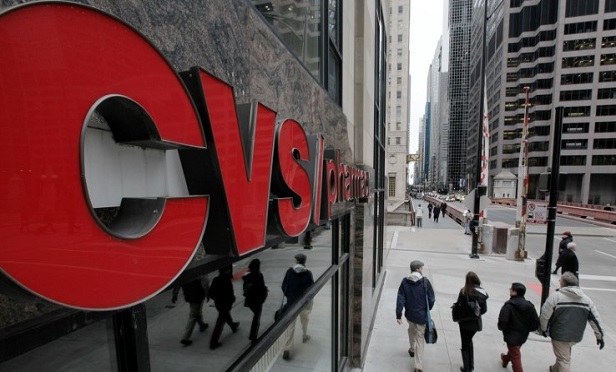
 (Photo: M. Spencer Green/AP)
(Photo: M. Spencer Green/AP)
Well, this seems to make it official: The Trump administration only cares about vertical mergers in media. Or at the very least, it has no problem when it comes to these types of deals and health care.
CVS Health Corp.'s $69 billion purchase of insurer Aetna Inc. — the fifth-largest health care deal ever — got conditional approval from the Department of Justice on Wednesday. The DOJ only requires the already in-progress divestiture of Aetna's Medicare drug plans in order to approve the deal. The decision comes less than a month after the approval of Cigna Corp.'s purchase of Express Scripts Holding Co., another so-called vertical deal that will join together an insurer and pharmacy benefit manager — not direct competitors, but both players in the health care process.
Both deals makes strategic sense. UnitedHealth Group Inc. has become a highly profitable health care giant through vertical expansion, the PBM business model has come under scrutiny and could use some diversification, and Amazon.com Inc. looms as a competitor for retail pharmacies and others that operate in the pharmaceutical supply chain.
But the size, timing and amount of debt involved in CVS-Aetna's tie-up makes the deal look increasingly risky.




